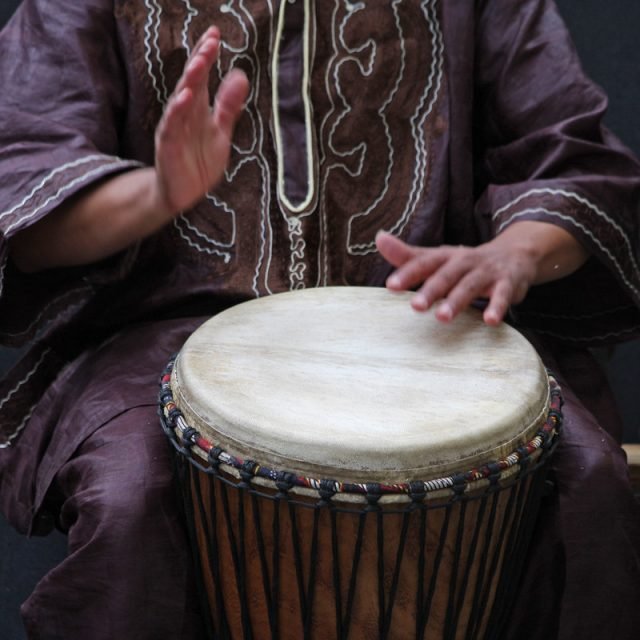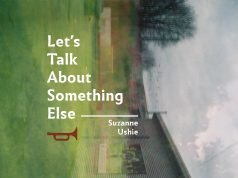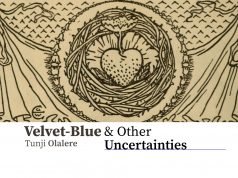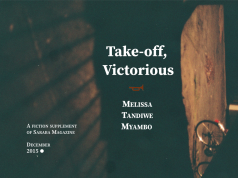Introduction by Tade Ipadeola
That poetry reinvents itself, that it finds a home in every succeeding generation of humanity, that it endures – is a function of a deep, and spare, economy. In the current edition of Saraba, I find this to be true. The very form this publication takes is virtual. No trees were felled or pulped to make Saraba happen. This is one of the wonders of the electronic age. And just as we begin to hail the digital miracle that has placed this rich cornucopia within our computer screens, Adebiyi Olusolape treats us to “Babel.” And a prescient intimation of the dark clouds of fanatical religiosity that broke loose on our nation from the north. The sheer range and variety of the poetry in this anthology makes it worth reading. And the delightfully serendipitous work of Olusolape as collagist brings whimsical juice to this effort. It is just as well, the palpable youth and vigor, the clarity of the vision in the very presentation of the poetic material. There is love here. As in Olaoluwa Akinoluwa’s “Words from Heart.” The love that celebrates a singularity of vision and the pursuit of purity par excellence. Its new, like freshly minted coin. And it’s the only worthy tribute to young love.
Arthur Chigbo Anyadugba leads us by the hand into the realms of poetic realities beyond money or money’s purchase. We are reminded that a great deal of who we are is the part of us that feels. How then does it feel like to be a potentate in our benighted country? With wealth we cannot manage and a wishful thinking throng that we call citizens? The answer, my friends, is hid somewhere we may not touch but feel.
We have a young metaphysical poet in Emmanuel Iduma, whose offerings leap upon the imagination from past, present and future. His handling of space and time is remarkable and a comfort to those wondering where the next great poets of this continent are hiding.
Pathos borne of the wings of low lament is what Damilola Ajayi offers us in his Am a Mess. And cascading images of what it is like to be Nigerian, African, Human in 2009. Whether we confront our realities or not, the ‘dismal science’ of moral economics is here with us and our willingness to tackle the status quo is the measure of our humanity. Ayoade Adeoye gently reminds us of the importance of the voice. And of courage. We do well to observe an economy of sound so as to enjoy contemplative silence but we must remember our duty to speak truth to power at all times.
































